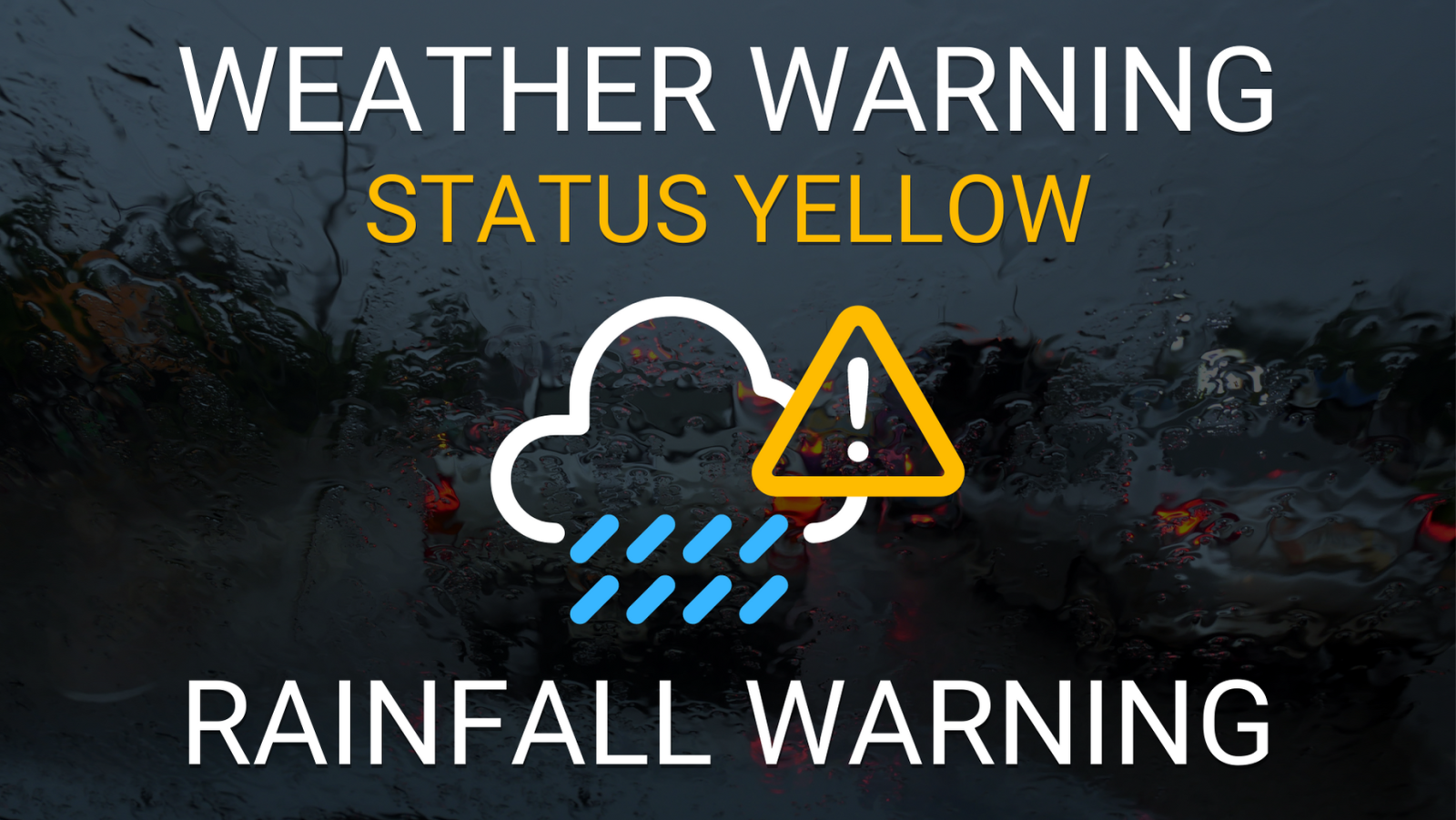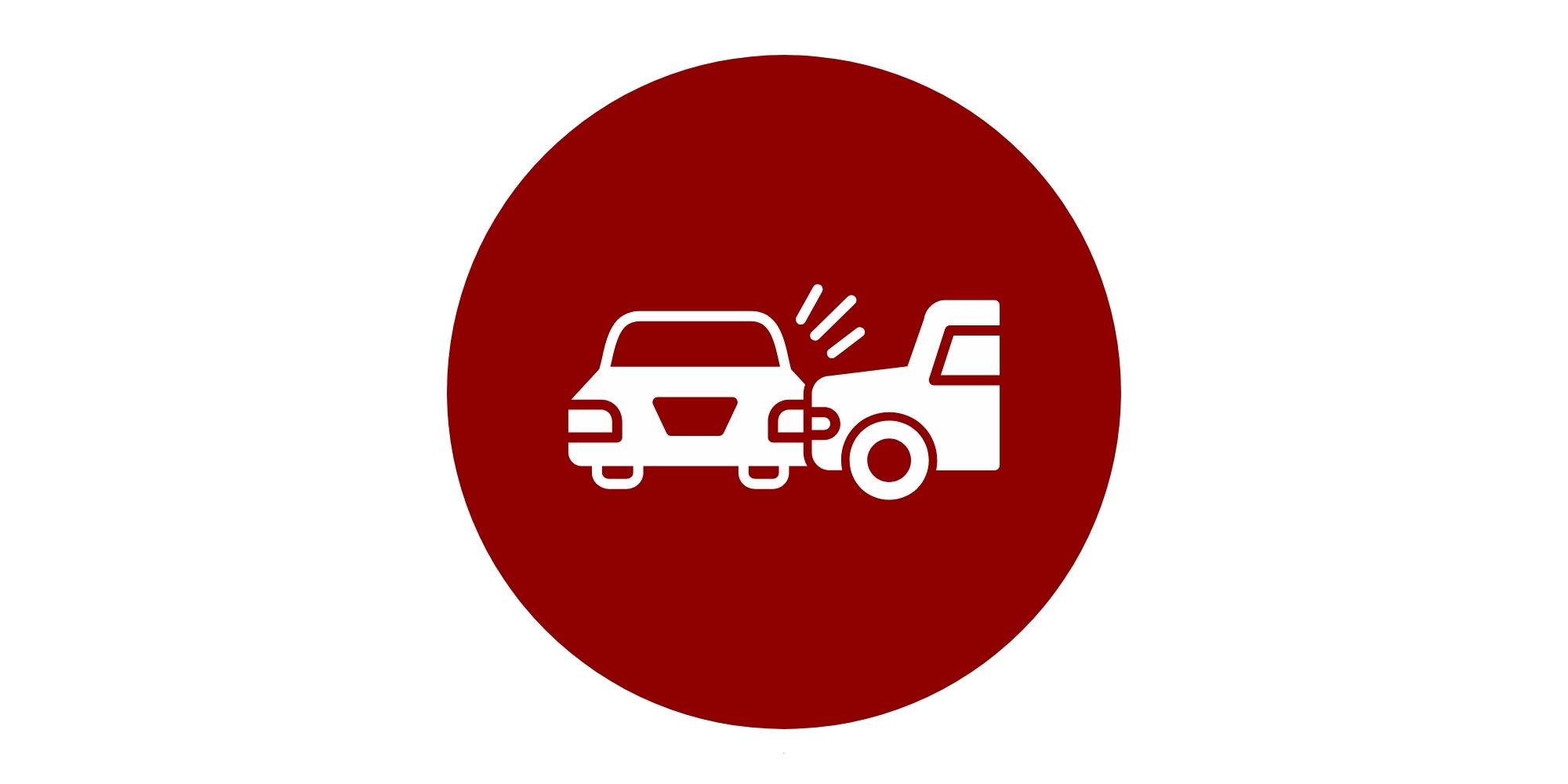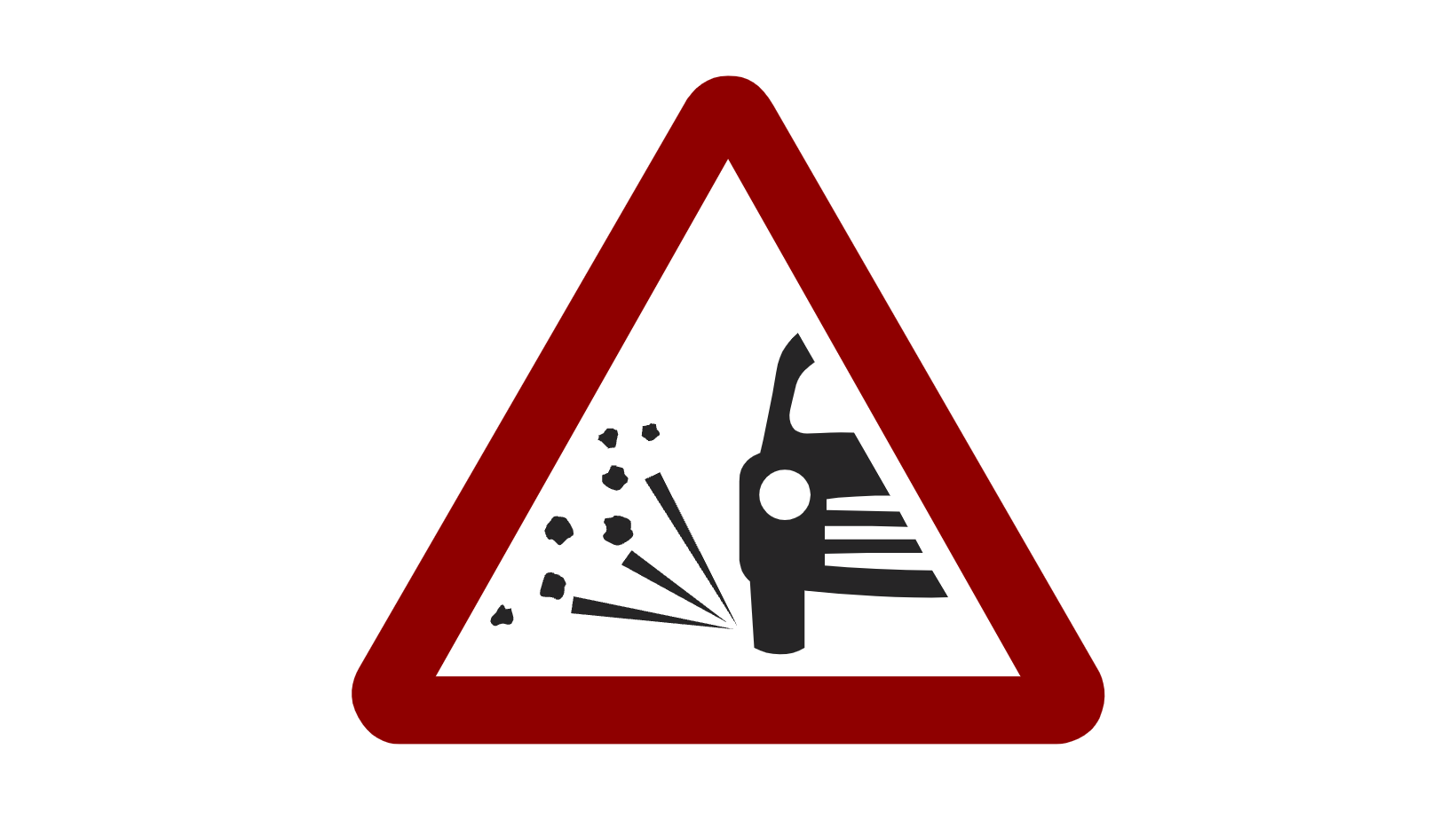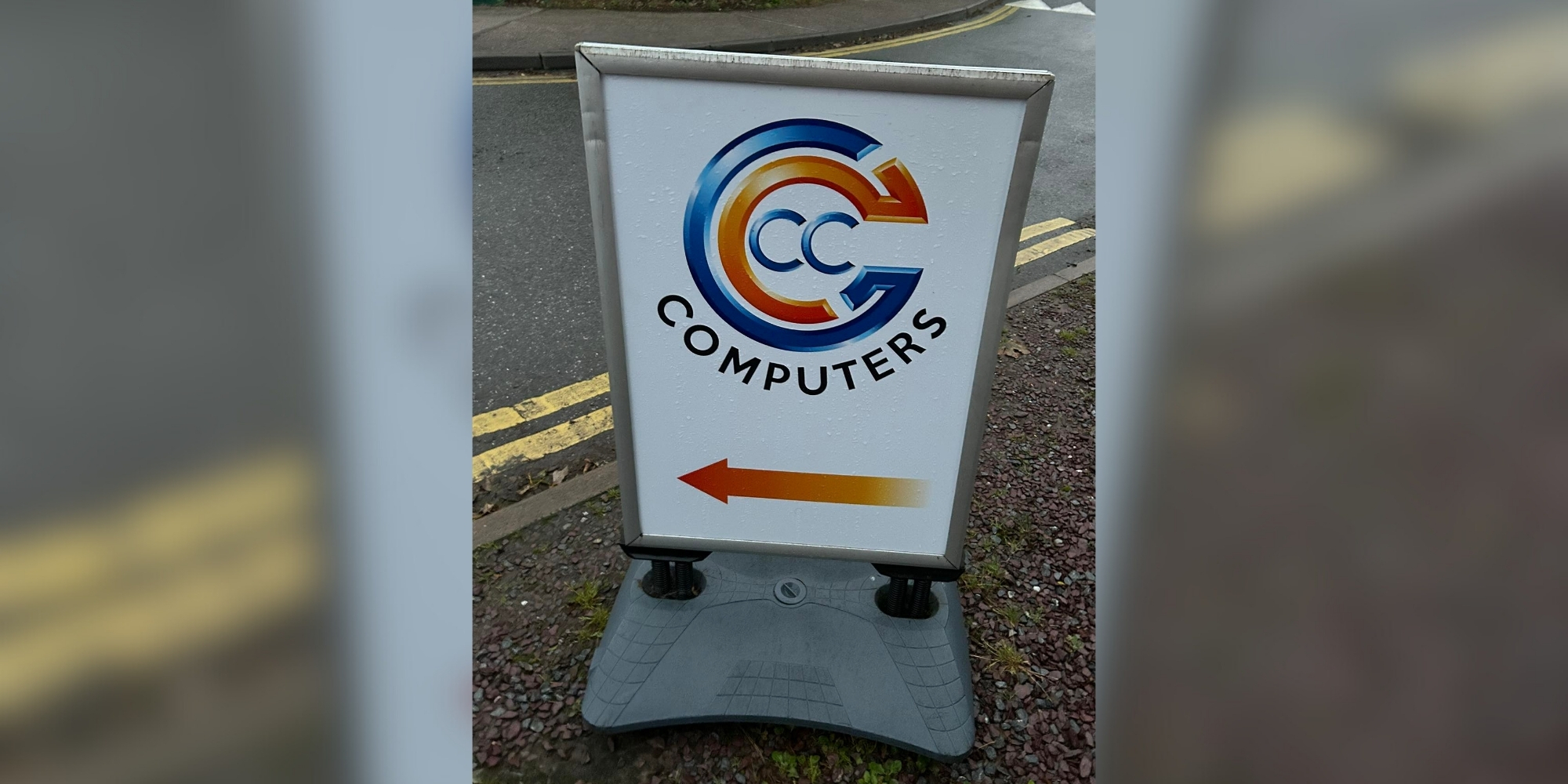ChatGPT Age Checks Spark Privacy Concerns as AI Safety Measures Expand
Irish cybersecurity firm warns ChatGPT's new age checks must protect privacy while safeguarding young users from harmful AI content.

Irish cybersecurity experts are raising privacy concerns over ChatGPT's plans to introduce stricter age verification for users under 18, warning that protecting young people online must not come at the cost of personal data security.
The artificial intelligence chatbot's new age verification measures have prompted ESET Ireland to highlight the delicate balance between child safety and privacy protection in an increasingly digital world.
George Foley, spokesperson for ESET Ireland, said:
"Although there must be guardrails in place to protect young people in their use of chatbots, it is equally important to make sure the systems gauging a user's age are built with privacy and security in mind."
The company's concerns centre on the potential use of age-estimated facial recognition technology, which could help reduce children's exposure to harmful content but also creates new risks if personal data falls into the wrong hands.
Foley added:
"The increased use of age-estimated facial recognition comes with a delicate balance. Whilst such recognition could help reduce exposure to harmful content, it also carries risks of misuse if the data were to get into the wrong hands."
The Ireland-based cybersecurity firm, which protects over one billion users worldwide, emphasised that while different approaches for child users are morally important, the implementation will be crucial.
Foley concluded:
"It is morally important that ChatGPT responds differently to a child, but much will depend on how OpenAI builds in the feature of questioning a user's age."
ESET Ireland, part of a global cybersecurity group founded 30 years ago, operates 13 research and development centres worldwide and serves over 400,000 business customers across 195 countries.
The development comes as AI platforms face increasing scrutiny over their impact on young users, with regulators worldwide examining how technology companies can better protect children while maintaining user privacy rights.



